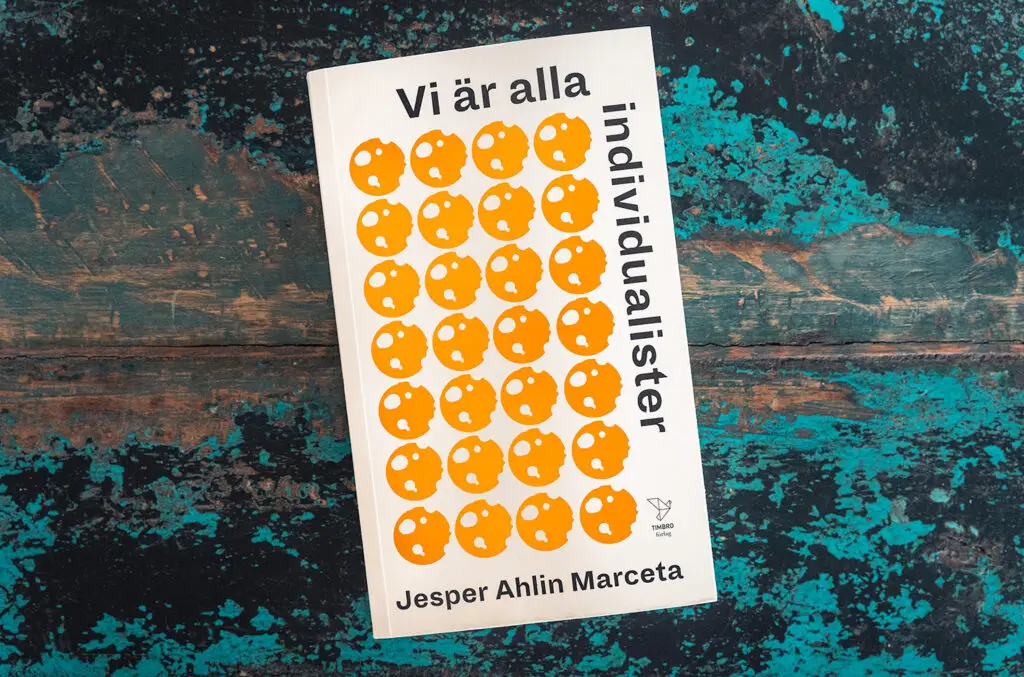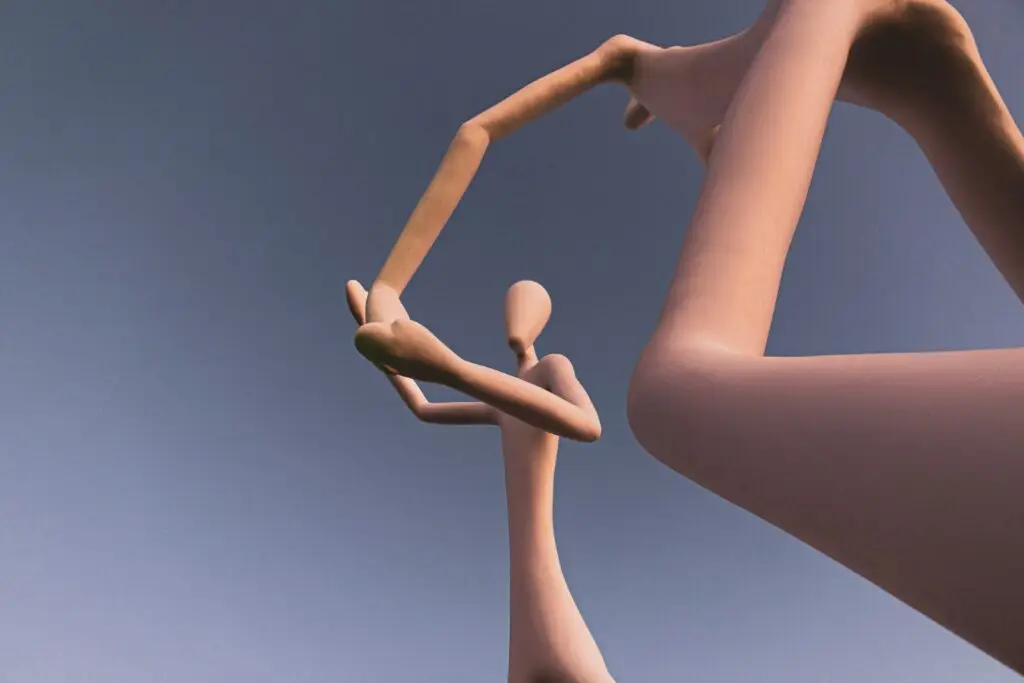What is liberalism? According to one recent suggestion in Swedish ideological debate, there is such a thing as a ”true” liberalism: Free markets and minimal states upholding individuals’ rights, i.e., libertarianism. Nonsense, I’d say.
In her book, Rosenblatt traces the word ”liberalism” back to its roots in Roman political thinking. The political thinker Marcus Tullius Cicero (106–43 BC) stressed the importance of being liberal. Cicero argued that citizens should practice ”liberalitas,” which referred to ”a noble and generous way of thinking and acting toward one’s fellow citizens” (p. 9). Liberalitas was the very ”bond of human society” (p. 10).
This is roughly how the word was most commonly used at least until the 17th or 18th century. Thus, if there is one ”true” meaning of liberalism, it may have something to do with political virtue.
Throughout eight captivating chapters, Rosenblatt shows how the meaning of the word ”liberalism” has changed over time. As I understand it, the short story is that liberalism is formed in and by social and historical contexts; a liberal person, theory, party, etc., is liberal relative to other contemporary persons, theories, and parties, rather than to some transcendent ideal. Liberalism is not a constant. It is dynamic and progressive.
One way to illustrate the non-ideal nature of liberalism is to contrast the liberalisms which grew out of the American and French revolutions with each other. The Americans fought for independence from their British masters, phrasing their quest in terms of rights that they claimed to have. The French, on the other hand, fought against political privileges, inventing new rights as they went along. The two kinds of liberalisms—based on natural morality in one instance and constructivist in the other—are fundamentally different.
Furthermore, there has never been any consensus among liberals on central topics such as democracy vs. elite rule, collectivism vs. individualism, and the political promotion of social causes vs. anti-paternalism. Some liberals, such as Frédéric Bastiat (1801–1850), have advocated laissez-faire. Others, such as John Stuart Mill (1806–1873), have instead been open to, or even favored, socialism.
The flawed idea that there is one ”true” liberalism, namely libertarianism, is a 20th century construction. Rosenblatt suggests that liberals during the Cold War wanted to put a distance between their ideology and those which had given rise to totalitarianism during the 1930s. The idea eventually took form that liberalism does not promote social ends, the strife for which easily results in political and moral decay. Liberalism, this historically insensitive idea goes, is not totalitarian. Liberalism, first and foremost, isn’t; it is empty.
That is not how 19th century liberals thought of themselves and their ideology. To them, liberalism was a deeply moral project. Rosenblatt aims to revive this moralized conception of liberalism. On the final page of her book, she writes:
Liberalism, there are those who say, contains within itself the resources it needs to articulate a conception of the good and a liberal theory of virtue. Liberals should reconnect with the resources of their liberal tradition to recover, understand, and embrace its core values. This book is meant to relaunch that process.
I agree. Liberals should renew their ideology in light of our time’s moral and political challenges. If there is one constant in liberalism, it may be the recognition that there is no liberal ”truth” that has been found and can be universally applied. Liberalism must change. That is what it does.
Rosenblatt, H. (2018). The Lost History of Liberalism: From Ancient Rome to the Twenty-First Century. Princeton University Press.


